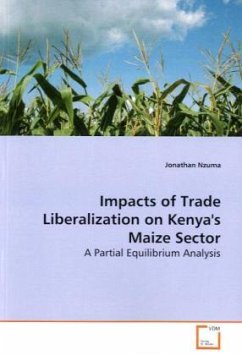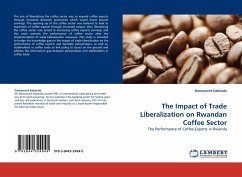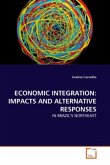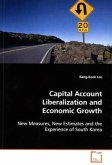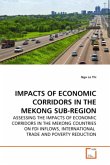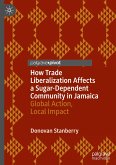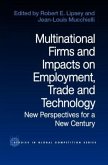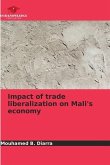Kenya like most other developing countries has been
reforming her staple grain markets since 1986. The
reforms were envisaged to improve the sectors terms
of trade as a means of stimulating food production.
However, the impacts of trade reforms on Kenya s
maize sector remain controversial.
This book evaluates the welfare impacts of trade
liberalization and their distributional effects on
stakeholders in Kenya s maize sectorusing a partial
equilibrium model (PEM) of trade, which accounts for
market interrelationships at the farm, wholesale and
retail levels is developed.
The simulations results suggest that tariff
reductions yield price decreases across the three
market levels. The declining prices increase maize
consumption but reduce domestic production.
Consequently, consumer surplus increases while
producer surplus decreases. However, the gain in
consumer surplus is not sufficient to compensate the
loss in producer surplus. Kenya s implementation of
the Uruguay Round trade liberalization commitments
leaves the maize sector worse off and cannot be
considered as a viable policy based on Herberger s
postulates.
reforming her staple grain markets since 1986. The
reforms were envisaged to improve the sectors terms
of trade as a means of stimulating food production.
However, the impacts of trade reforms on Kenya s
maize sector remain controversial.
This book evaluates the welfare impacts of trade
liberalization and their distributional effects on
stakeholders in Kenya s maize sectorusing a partial
equilibrium model (PEM) of trade, which accounts for
market interrelationships at the farm, wholesale and
retail levels is developed.
The simulations results suggest that tariff
reductions yield price decreases across the three
market levels. The declining prices increase maize
consumption but reduce domestic production.
Consequently, consumer surplus increases while
producer surplus decreases. However, the gain in
consumer surplus is not sufficient to compensate the
loss in producer surplus. Kenya s implementation of
the Uruguay Round trade liberalization commitments
leaves the maize sector worse off and cannot be
considered as a viable policy based on Herberger s
postulates.

